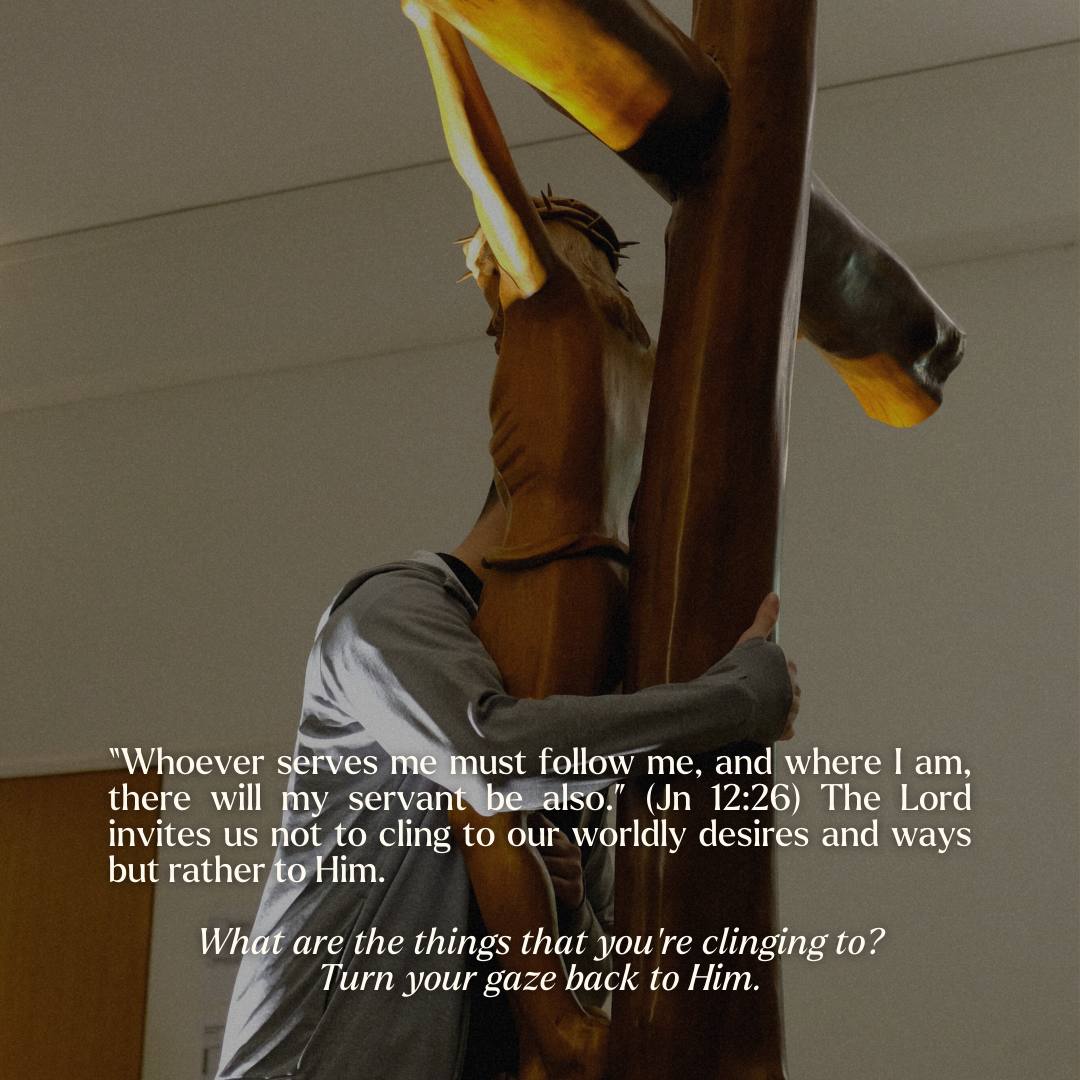By Ryan Ong
For many of us, “adulting” means taking charge and ownership of our lives, and probably entails us planning various aspects of our working adult life. “Adulting” and being a Christian in the midst of our working lives have many similarities – by meticulously planning our finances we ensure that we are saving and spending prudently; by having a consistent weekly schedule we ensure that we have allocated just the right amount of time to exercise, spend time with our families and our loved ones. Practical planning sets ourselves up for success in the midst of a working life that is hectic and inconsistent, and allows us to practice Christian discipleship.
However, we often obsess too much on the plans themselves instead of the reason that we are planning all of these for. We may find ourselves dragging our feet from one obligation to the next; wondering what the point of saving money, exercising, or time with our families is even for. We desire to know what is the underlying motivation and goal for all of our plans.
As a Christian, our goal is to grow closer to God. Scripture says (Proverbs 16:9), “A man’s mind plans his way, but the Lord directs his steps”; this means that we should allow the Lord to direct our plans, so that our plans allow us to fulfil the greater purpose of growing closer to God. God invites us not to plan just for the sake of it, but to plan such that we can avail ourselves to be in a deeper relationship with Him, and form the foundation of our Christian adulthood.
What could obsessing over our plans look like? We may overthink our finances such that they begin to dictate and dominate our every waking moment, and we fixate on selecting the “correct” investments because we want to be extremely prudent with our money. We may also become so preoccupied with our work (which could certainly be meaningful or impact the wellbeing of others), and justify to ourselves that burning many extra hours just to “draft that last email” or “wrap up that last proposal” is good because it will allow us to benefit ourselves and others. While these plans and their corresponding justifications are good; the issue with the obsession is that we end up compromising on our relationship with God instead.
How many times in the past have we been “too busy” to have dinner with our families, or “too tired” to go for mass because we have exhausted our time and mental bandwidths on our many obligations and work? Even as a Christian, the plans that we make are merely the “how” of which we are supposed to grow closer to God. Nevertheless, these plans will change with circumstances and situations, which more often than not is why we land up compromising on them, and thereafter find ourselves “too busy” or “too tired” for God, and feel increasingly distant from Him. Instead, the invitation here is for us to turn our eyes onto the “why” of which we are making these plans in the first place, and the good news is that the Lord is inviting us to begin intentionally inviting Him into our plans. God constantly desires to be in a deeper relationship with us, and by anchoring our plans onto this truth, we “become fully alive in His glory” (St Irenaeus).
With this reminder to invite the Lord into our plans both big and small with our eyes set on the “why”, the Lord will in turn invite us to deepen our relationship with Him. We can take comfort in knowing that allowing the Lord to direct our plans is for our own good as well, as the Lord’s plans for us will “prosper us and not harm us, giving us hope and a future” (Jeremiah 29:11). Instead of having to practice “adulting” on our own, let us instead give the Lord ownership and charge over our lives, which will allow Him to guide our plans and direct our steps to glorify Him in all we do – and as such live out the Christian adulthood.








